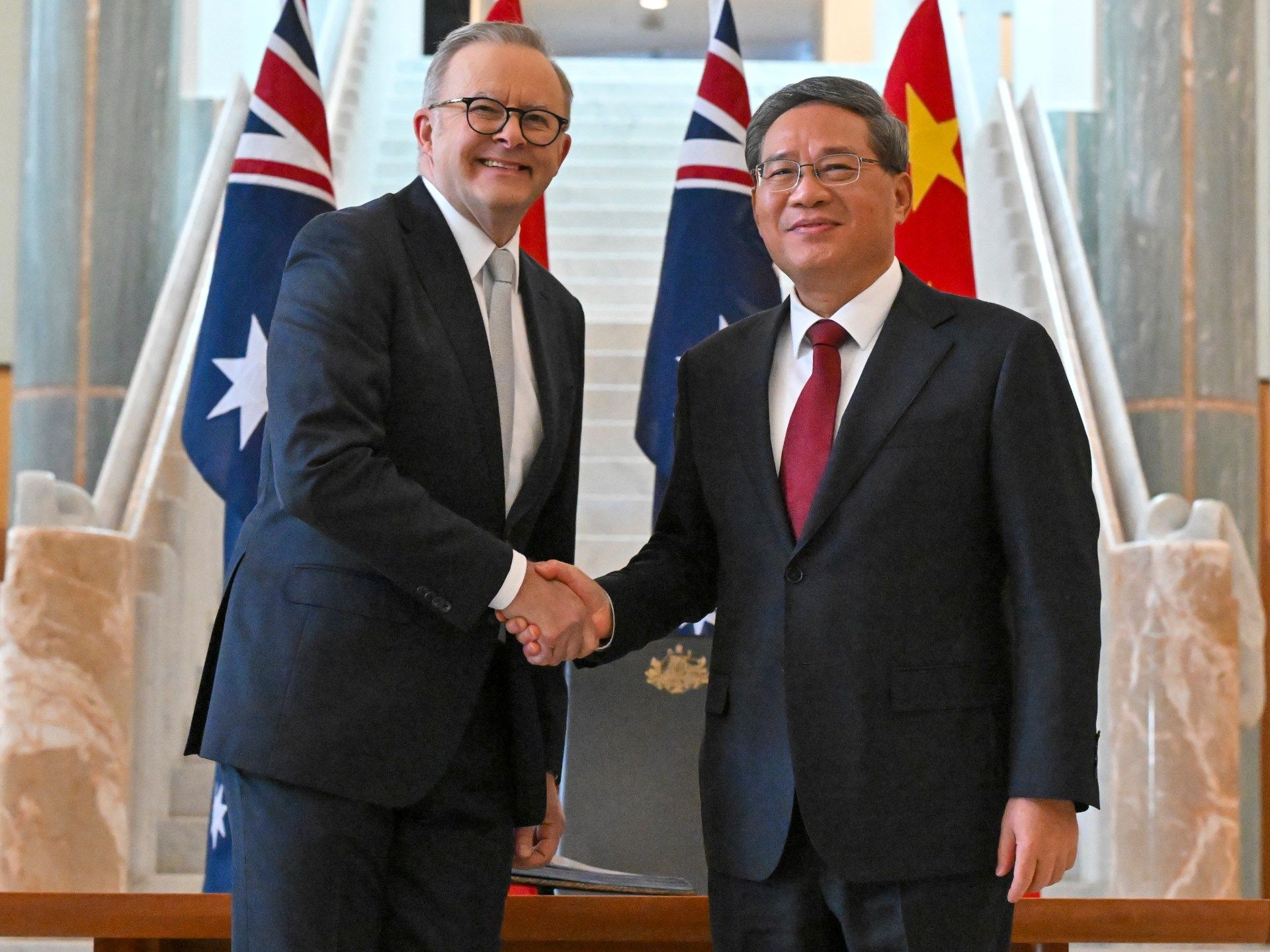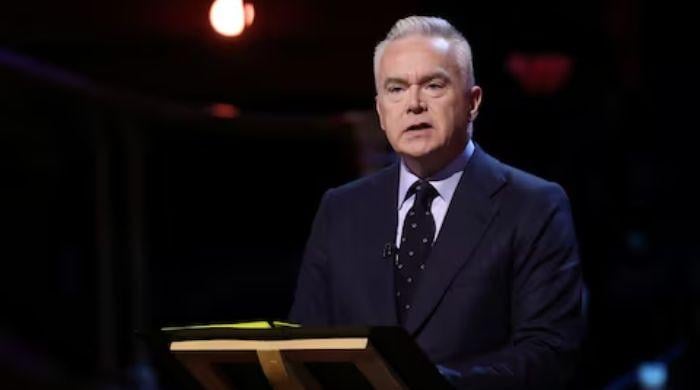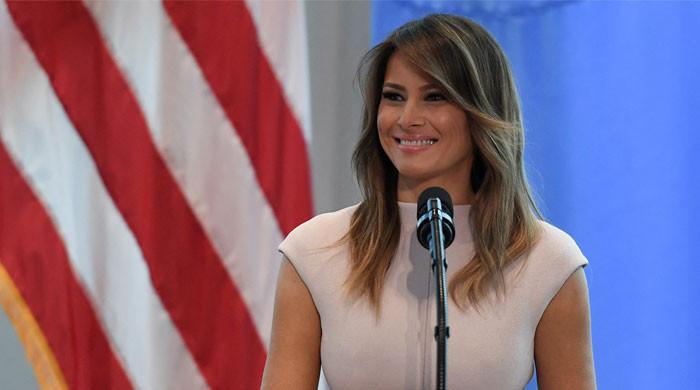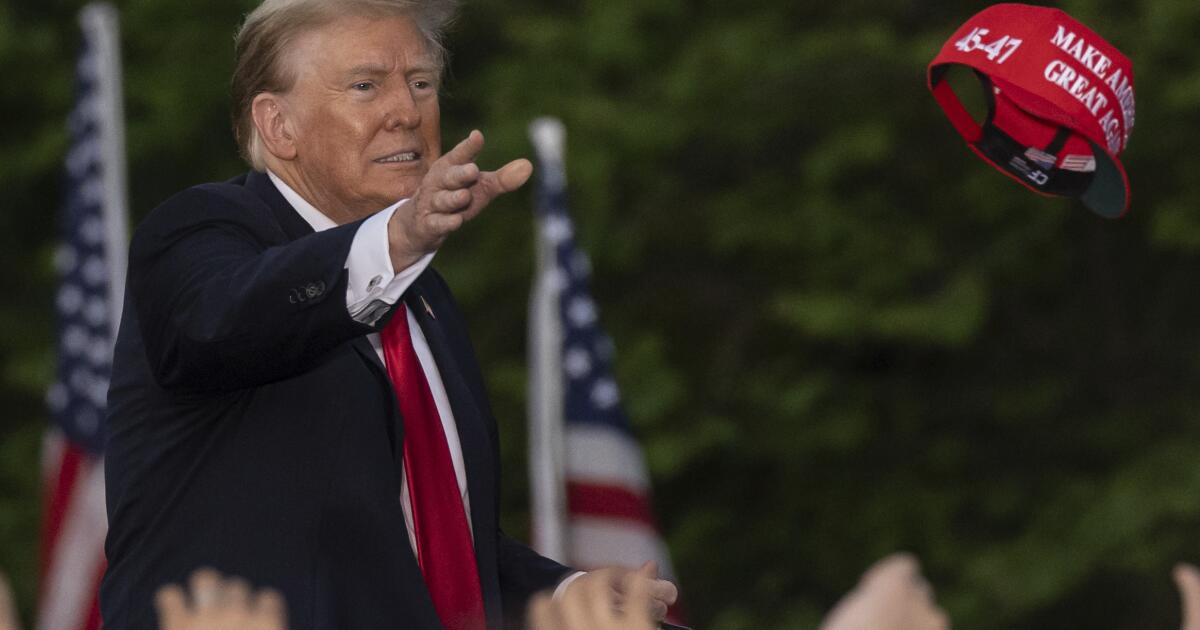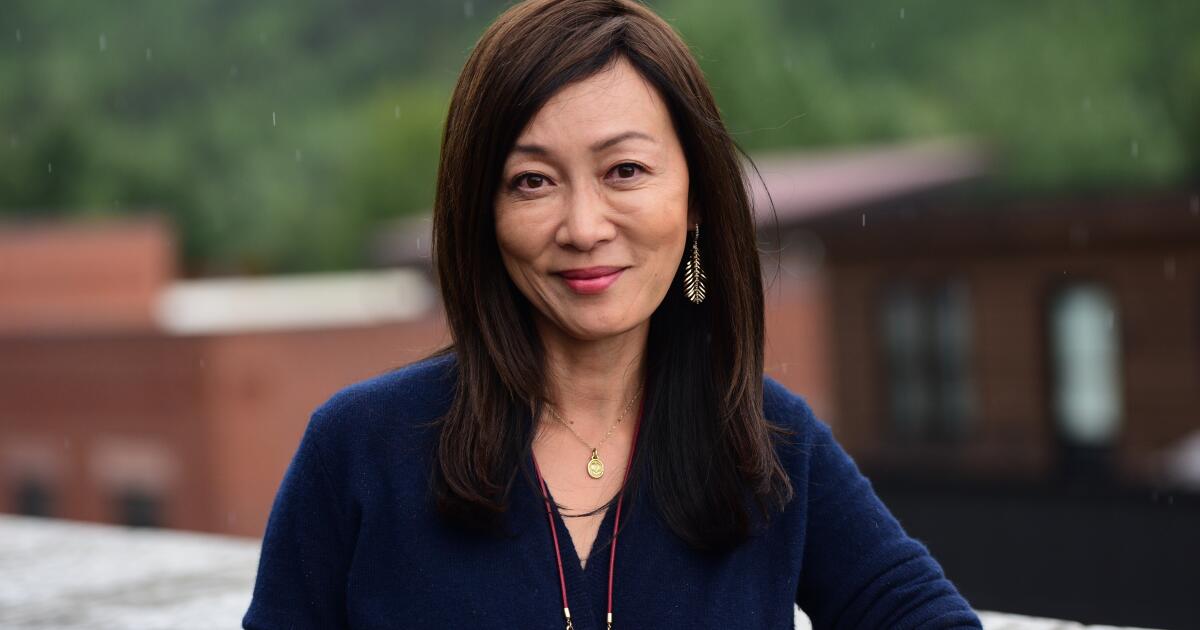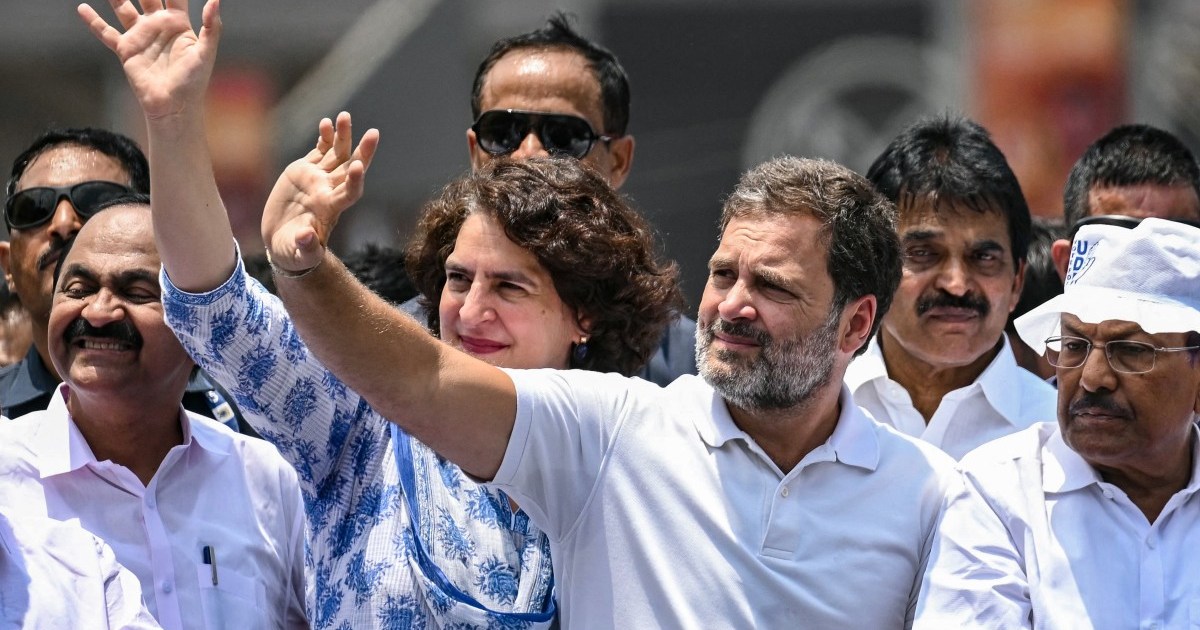Prime Minister Anthony Albanese hosted Chinese Prime Minister Li Qiang at the Australian Parliament in Canberra for high-level talks that both sides described as candid.
Li's four-day visit, the first by a Chinese prime minister in seven years, comes after Beijing removed sweeping tariffs on key Australian exports including wine, coal and barley.
At a news conference after the discussions, Albanese said he had expressed concerns about human rights in China, the situation in the Pacific and the war between Russia and Ukraine.
“We… have our differences… that's why honest dialogue is so important,” Albanese said. “For Australia, we consistently uphold the importance of a peaceful, stable and prosperous region and world, where countries respect sovereignty and abide by international law.”
Li said they had held a “sincere, in-depth and fruitful meeting and reached a lot of consensus.” He also announced that Australia would join China's visa waiver program.
Outside the parliament building, human rights protesters chanted slogans and waved flags and banners in support of Tibet, Xinjiang and Hong Kong.
There was a heavy police presence and a barricade had been erected to separate them from a pro-China group waving the country's flag.
Reporters at the scene said the atmosphere was tense and there were some fights.
Li was greeted by a brass band as he inspected a military honor guard outside Parliament House, and a 19-gun artillery salvo briefly drowned out the rowdy crowd. At a state lunch with more than 300 guests, he was served a menu that included Australian beef and wines grown in the Canberra region, according to public broadcaster ABC.
imprisoned writer
Li, who arrived on Sunday, used the trip to highlight China's trade, friendship and love of Australian products.
But Albanese had promised to address more sensitive issues before their closed-door meeting, including the plight of jailed dissident writer Yang Hengjun.
The Chinese-born Australian writer was given a suspended death sentence in February after being found guilty of espionage. The sentence was upheld by a Beijing court in the run-up to Li's visit, Yang's supporters said on Sunday.
They urged Albanese to ask Li to allow Yang's transfer to Australia for medical reasons, saying in a statement that “a stable and respectful bilateral relationship with China was not possible while its officials threaten to execute an Australian political prisoner.”
Australia has also criticized China's military in recent months for its “unacceptable” and “unsafe” behavior in international skies and waters, and has called for restraint in the disputed South China Sea, which Beijing claims almost entirely.
Australia has also joined the Quad security group with India, Japan and the United States, as well as the AUKUS pact with the United Kingdom and the United States.

Foreign Minister Penny Wong said in a radio interview on Monday that such partnerships were aimed at “ensuring that we have a more secure and stable region”, but stressed the need for continued engagement with China, which has introduced the pacts. as an attempt to contain it.
University of Sydney researcher Minglu Chen said Australia would be careful to soften public criticism of its largest trading partner.
“I don't know if all the security problems will disappear overnight,” he told the AFP news agency. “But I think this visit still has symbolic meaning. Which is a good gesture and for China to show the outside world that it is still willing to welcome foreign countries.”
Upon arrival on Sunday, Li said the relationship was “back to normal” as he enjoyed lunch at a historic vineyard in the state of South Australia that had been severely affected by the trade embargo.
He also announced two new pandas would be sent to Adelaide Zoo to replace a pair due to return to China at the end of the year.
China buys a third of Australia's exports and supplies a quarter of Australia's imports.
Trade between Australia and China reached A$327 billion ($215.95 billion) last year as Beijing's trade blocs were relaxed.
Relations deteriorated over Australian legislation banning covert foreign interference in Australian politics, the exclusion of Chinese-owned telecommunications giant Huawei from Australia's national 5G network due to security concerns, and Australia's call for an investigation. independent on the causes and responses to the COVID-19 pandemic. 19 pandemic.

